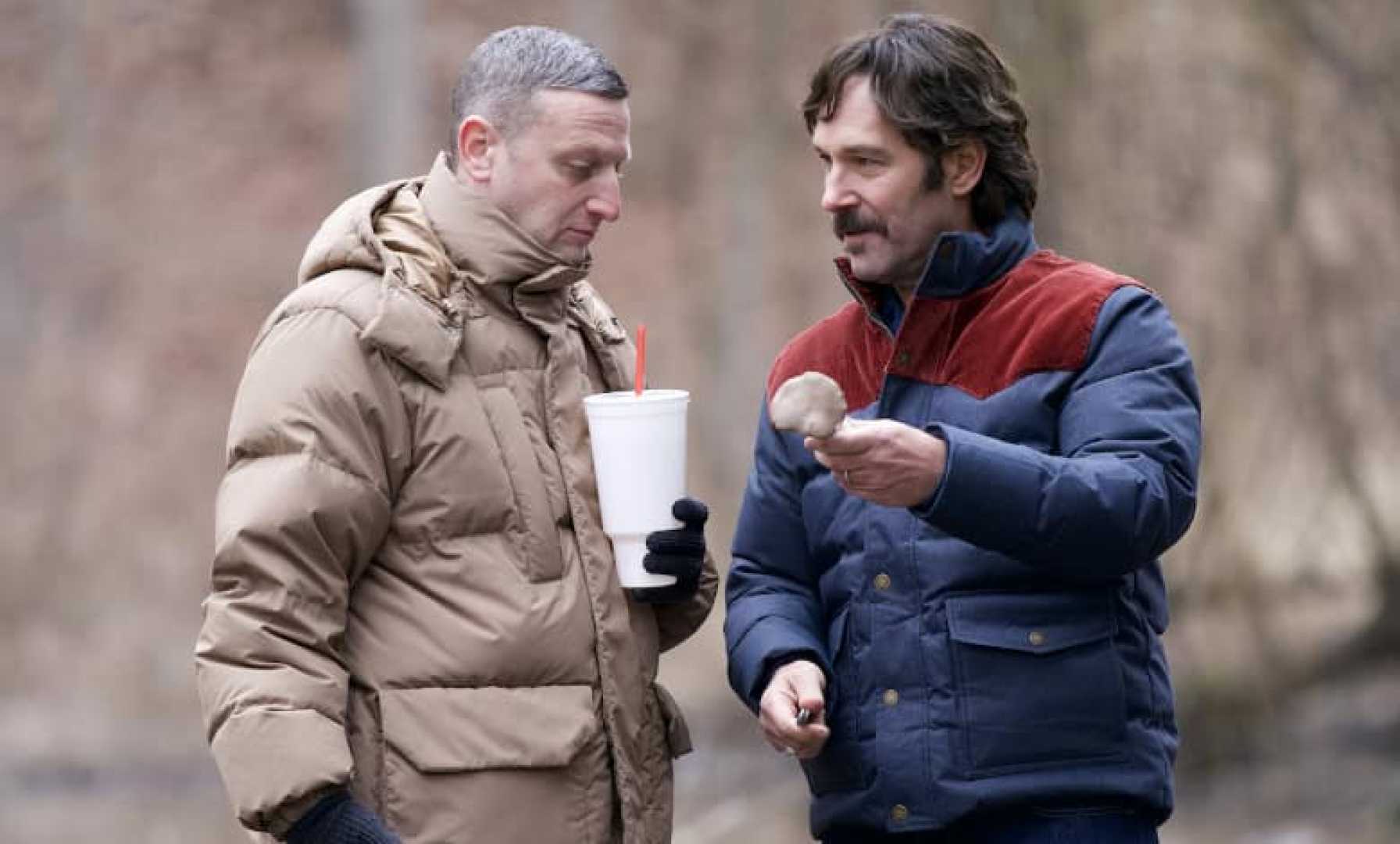Entertainment
New Film Explores Cringe Comedy in Male Friendships

LOS ANGELES, CA – The latest film, “Friendship,” features comedians Tim Robinson and Paul Rudd in a cringe-worthy exploration of male relationships. The movie follows Craig, played by Robinson, who struggles with loneliness and finds friendship with his neighbor Austin, portrayed by Rudd.
Initially a comedy, the plot takes a darker turn when their friendship crumbles. Craig’s obsession with Austin prompts wild actions, drawing comparisons to the film “Fatal Attraction.” Audiences are greeted with hilarity tempered by discomfort as Craig navigates social anxieties and personal failures.
“This film captures how devastating it can be to be a man trying to form friendships,” Robinson noted. Many viewers echoed this sentiment after attending a recent screening at the Vista Theater, owned by filmmaker Quentin Tarantino. The screening attracted a diverse audience, primarily adults in their thirties.
Audience member Jesse Amorratanasuchad remarked, “Friendship matched my experiences with male friendships ‘to the Nth degree.’ Men want companionship but often lack the supportive networks to foster it.” His wife, Emily Pando, highlighted the challenges men face in forming positive friendships. She suggested that younger generations might be finding healthier ways to connect.
The film cleverly tackles the stereotypes surrounding male friendships. In a memorable scene, Austin’s friends gather for a beer and express emotional support through song, reminiscent of the supportive exchanges seen in female friendships. Pando reflected on this moment, saying, “It’s a fantasy of what friendship can be for men, contrasting with the often harsh realities we see represented.”
Conversely, some viewers felt the film’s message was disheartening. Devin Glass, who viewed the movie at 33 years old, suggested it painted a bleak picture of adult male friendships, while Chris Jobson, 32, thought the character dynamics were exaggerated. He preferred a previous Rudd film, “I Love You, Man,” as a more grounded depiction of male relationships.
Despite varied interpretations, the film sparked meaningful discussions among men who attended the screening. Some noted the moments of vulnerability and the struggle to break emotional barriers among male friends, fostering reflection on their experiences. The audience left the theater discussing the impact of the film and how it resonates with their own lives.












